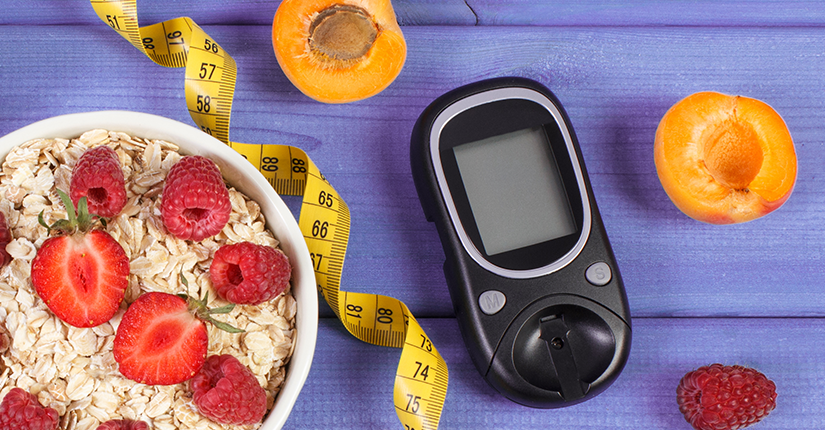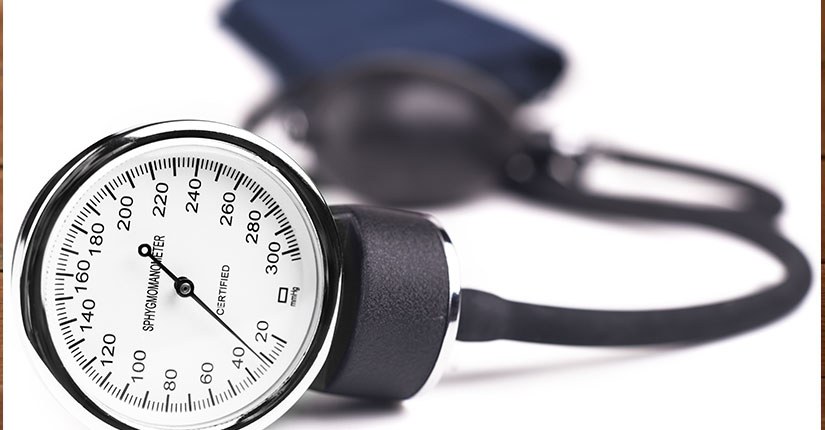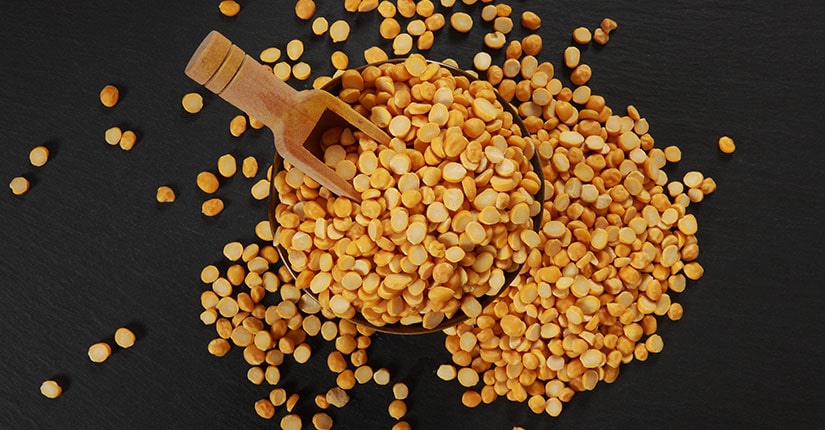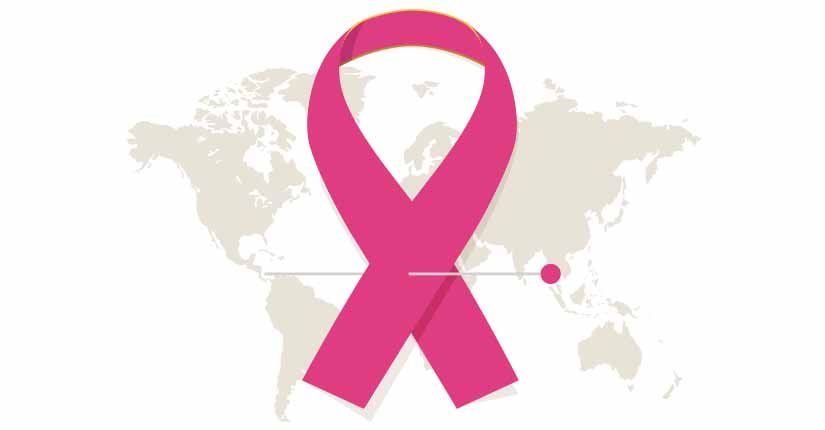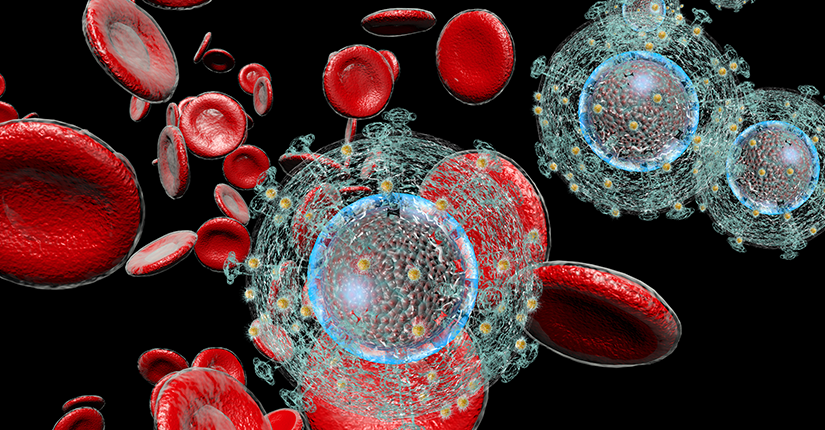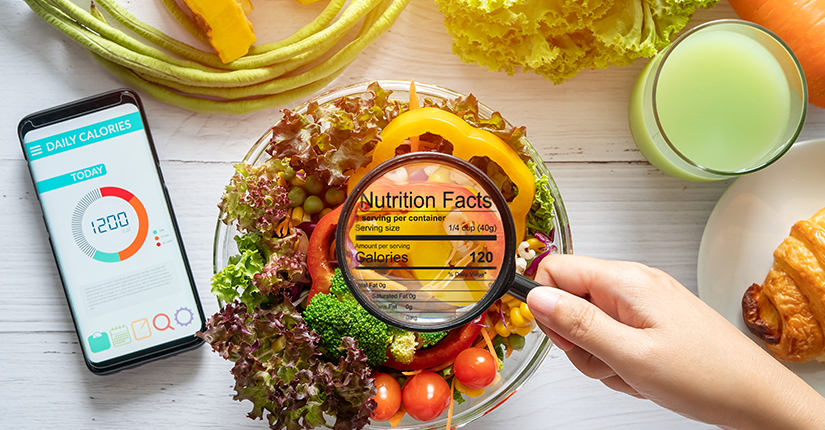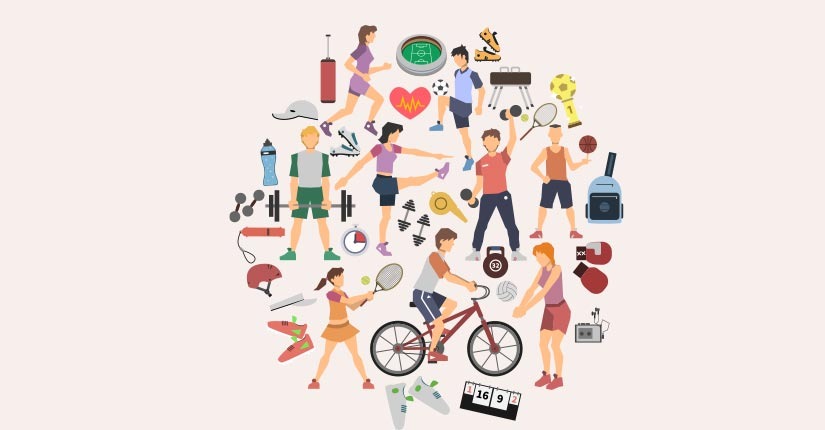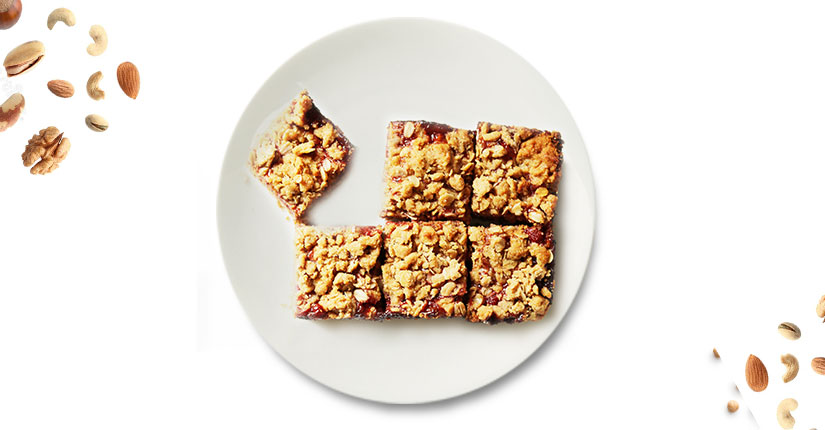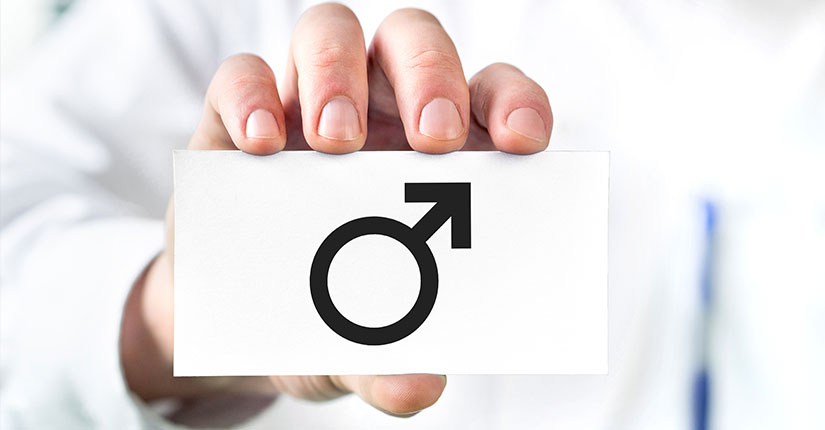Why popping in painkillers means suicide for kidneys
By Nmami Agarwal 07-Mar 2023 Reading Time: 4 Mins
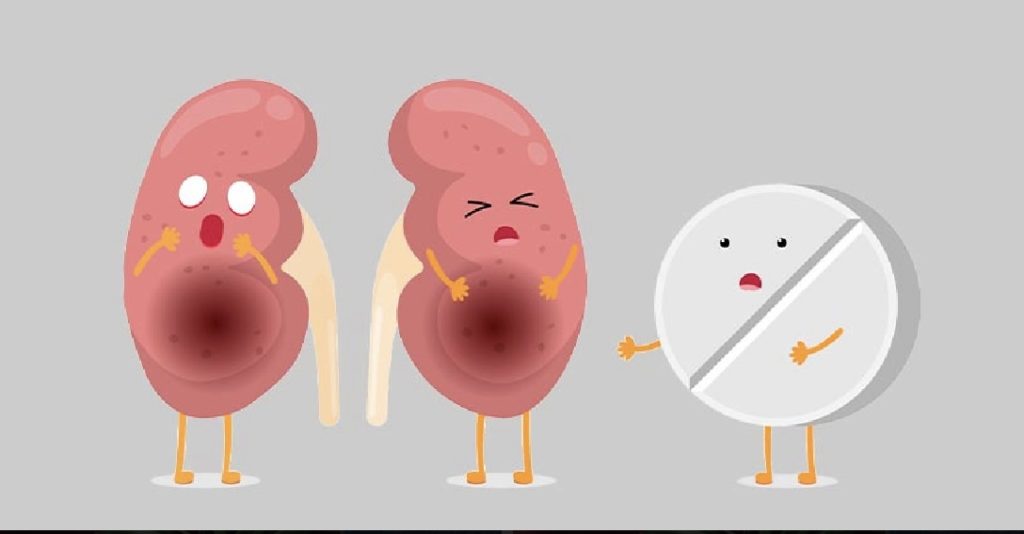
As per the MDPI report 2022, the prevalence of self-medication in India is around 44.9%. Overall, 52% Indians were estimated to self-medicate in India according to a web portal-based survey of 20000 people across 10 cities. Painkillers or analgesics are one of the most common over the counter drugs that people generally buy without the doctor’s prescription.
According to the National Kidney Foundation, as many as 3-5 percent of new cases of chronic kidney failure each year may be caused by the overuse of the painkillers. Once kidney disease occurs, continued use of the problem drug makes it worse.
Painkillers and Kidney disease – what does the research say
Painkillers are one of the most often used and taken medications in the world. NSAIDs including acetaminophen, flurbiprofen, as well as NonSteroidal Anti-Inflammatory Medicines (NSAIDs) like aspirin have been linked to chronic renal failure in several studies. Analgesic abuse has long been linked to the development of chronic kidney failure.
Long-term exposure to certain pain medicines can damage the small filtering blood vessels in the kidneys. This can cause analgesic nephropathy, a chronic kidney problem.
Symptoms of analgesic nephropathy
Some people do not show any signs or symptoms of nephropathy. Routine blood test or urine tests sometimes show the signs of nephropathy. While some people have the following symptoms:
- Fatigue or weakness, feeling unwell
- Blood in the urine (hematuria)
- An increase in urination frequency or urgency
- Pain in the back or flank area (where the kidneys are located)
- A decrease in urine output
- Decreased alertness, such as drowsiness, confusion, or lethargy
- Decreased feeling or having numbness, especially in the arms and legs
- Nausea, vomiting
- Widespread swelling (edema)
- Easy bruising or bleeding
Kidney disease caused by pain relievers is often preventable. Here are some things you can do to help keep your kidneys healthy.
- If you have kidney disease, ask your doctor before taking pain medicine, particularly NSAIDs and higher dose aspirin.
- If you have high blood pressure or heart disease, make sure you only take NSAIDs under your doctor’s supervision. This is especially important if you take diuretic medications or are over 65 years of age.
- Make sure you read the warning label before using any over–the–counter analgesics.
- Do not use over–the–counter pain relievers for more than 10 days for pain or more than three days for fever. If you have pain or fever for a longer time, you should see your doctor.
- Avoid using pain medicines that contain a combination of ingredients, like aspirin, acetaminophen and caffeine mixed together in one pill.
- If you are taking pain medicines, increase the amount of fluid you drink to six to eight glasses a day.
Bottom line – Always keep your doctor in loop before you pop any painkillers

